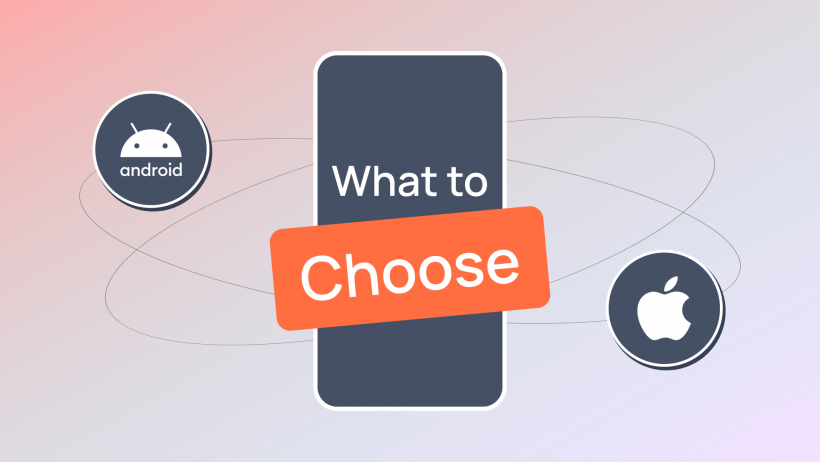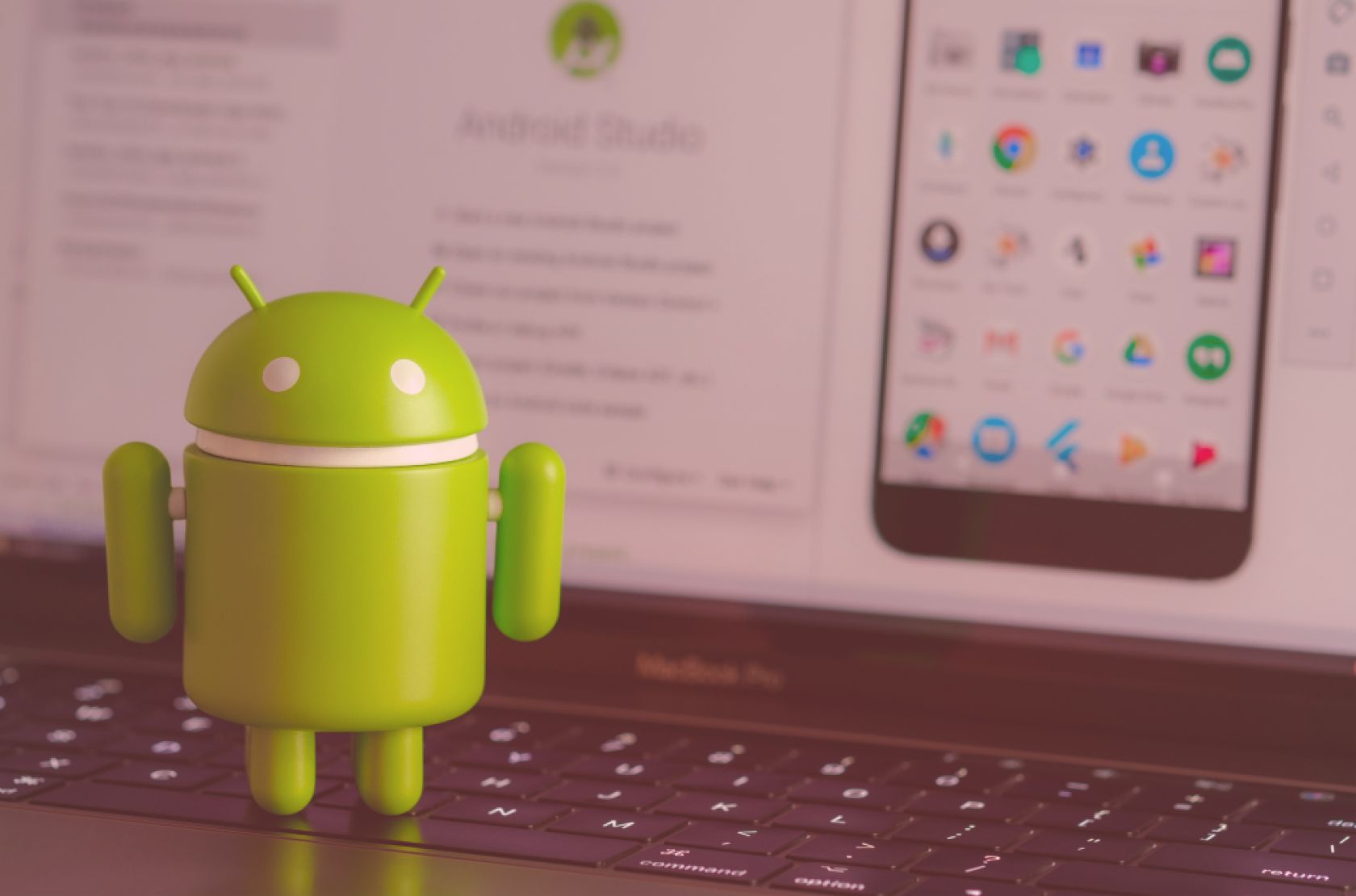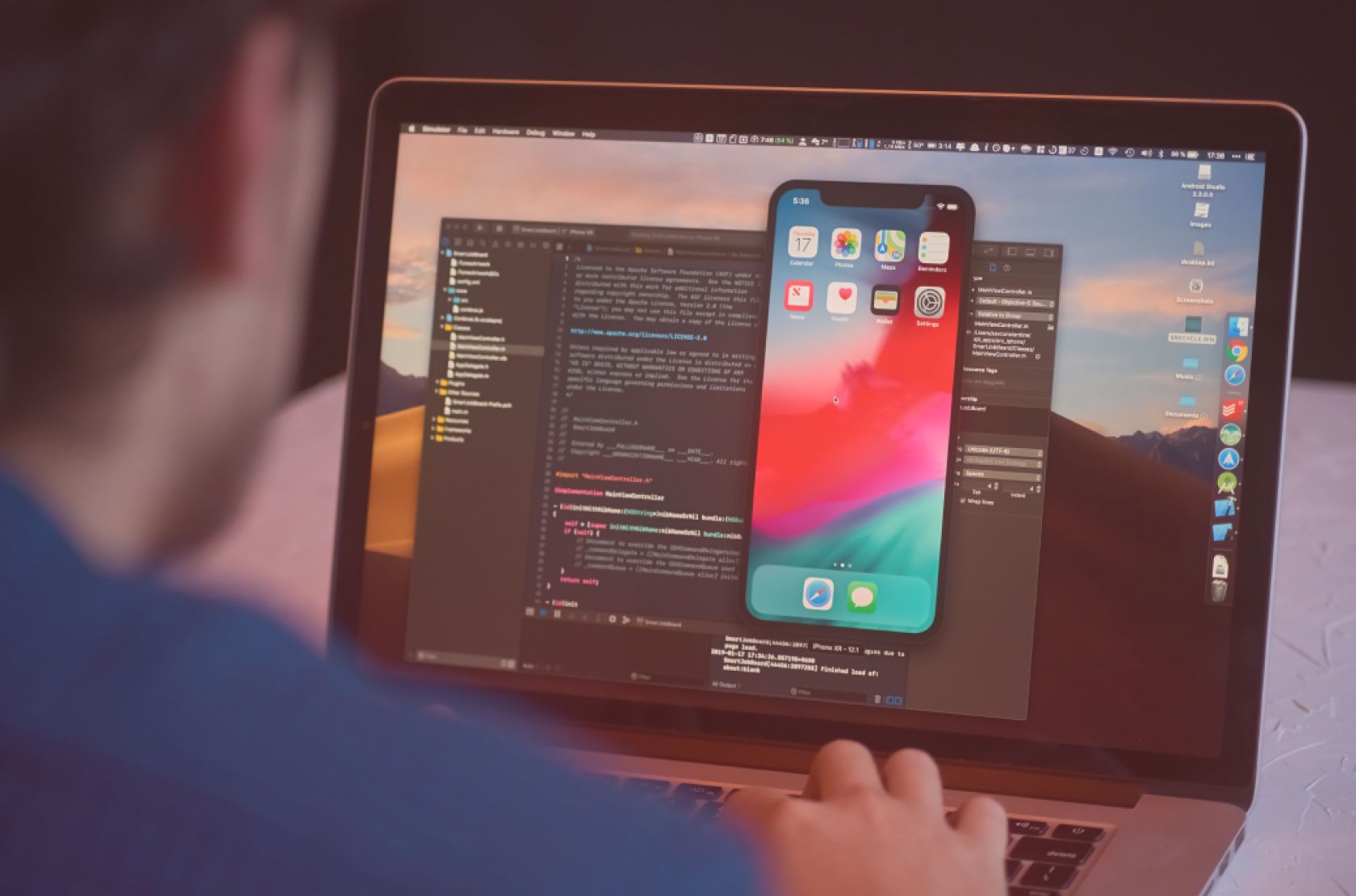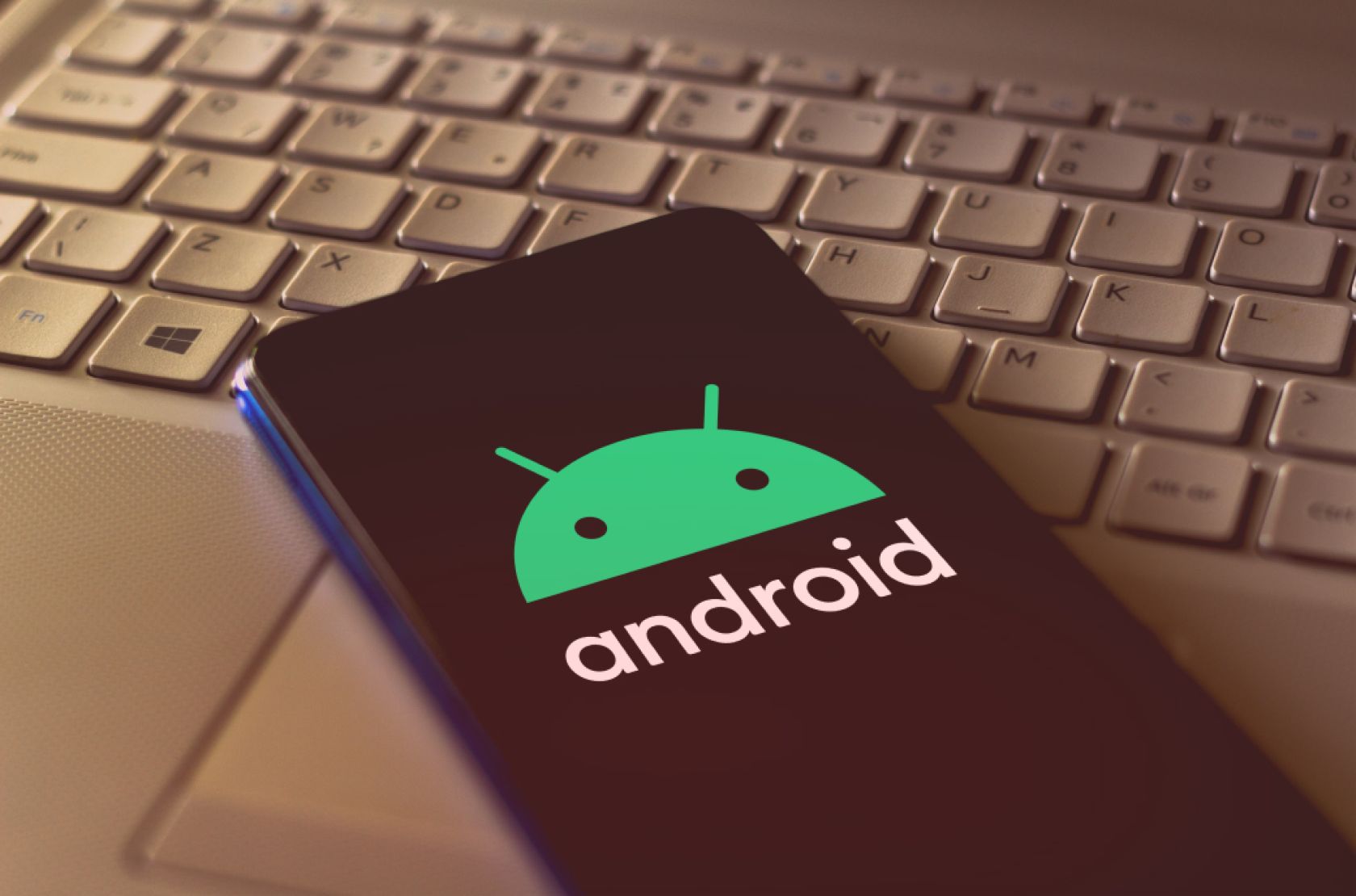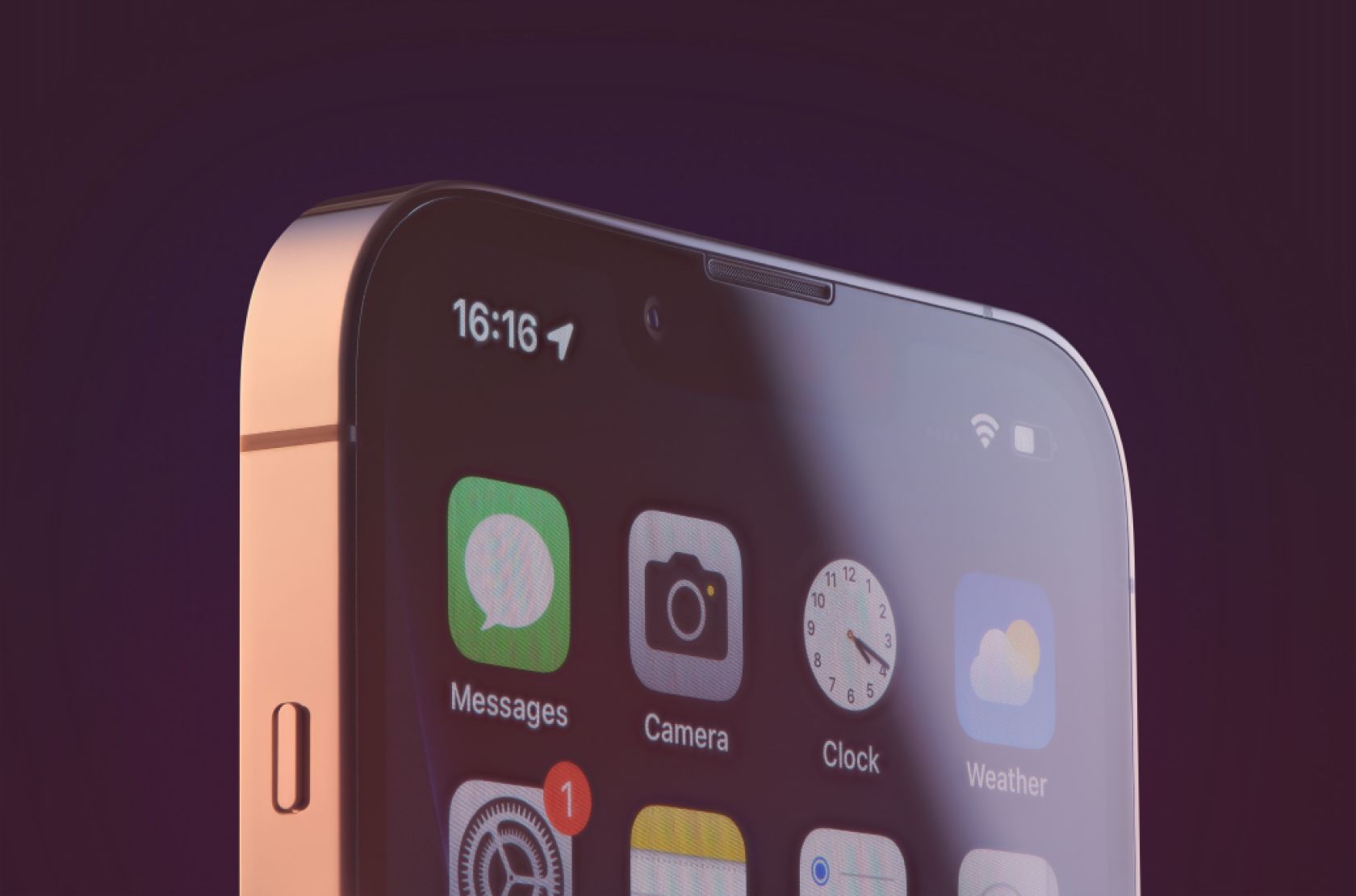Mobile app development is one of the fastest-growing segments of the software industry. Since the exponential increase in the multitude of smartphone applications a few years ago, the demand for quick and handy applications has only grown.
There are two central systems to select from for native app development: Android and iOS. These are the market's undisputed leaders globally. Both Android and iOS offer fantastic development opportunities, so it's essential to compare the two before reaching a choice.
In this blog entry, we'll go over the benefits and drawbacks of both platforms, as well as the critical differences between them, so that you can make the best decision for your business.
IOS and Android App Development
The discourse between Android and iOS programmers is never-ending. There is no simple solution to which platform businesses should use. There are a variety of factors that a business person should think about before reaching a decision. Let's take a look at each one individually:
Fragmentation
Regarding fragmentation in terms of the number of devices your app can reach, Android is the clear winner. In comparison to Apple, Google has formed a partnership with a total count of device makers, resulting in multitudes of devices underneath the Android awning.
Android app development will be your solution if you're searching for a launchpad that will aid your business in becoming a cultural icon by bringing it to the masses without any demographic constraints. However, if you want to establish a presence among a small but select group of users, go with your iOS development team.
Design & Development
Although Google Material Design has a significant effect on customer interaction regarding style, app development companies believe that Swift is a much simpler language to learn than Java when developing startup applications for Android.
Nevertheless, design and development is one aspect that is more dependent on the expertise of your associated mobile android application design firm than on the system. Once you work with a company specializing in both Apple and Android app development, it doesn't matter which platform necessitates less effort because both are completed in the same amount of time.
Release Cycles
When it comes to the Android release cycle vs. the iOS release cycle, Android app updates are typically limited to partnered OEM devices, and the OS versions that they endorse are a problem that Apple and its highly focused catalog of iPhones and iPads never have to deal with.
This implies that while you can concentrate on adding new OS version assistance to your current app with ease on iOS, releasing new OS versions on Android is challenging to fragmentation.
Android vs. IOS Programming
Developers frequently make comparisons between iOS and Android software development. Let's look at the differences between Android and iOS:
Testing
The QA testing stage of each application is critical to the mobile app development procedure. The same is true for games and various types of software. One must ensure that the application they are developing is flawless. The iOS simulator and Android emulator are two examples of popular testing tools.
The iOS simulator is significantly faster than the Android counterpart. In any particular instance, the Android emulator is a solid online machine with a CPU, making it more convenient than the iOS version. The iOS simulator frequently fails to provide accurate and realistic representations of Apple devices. As a result, it's critical to run several tests on real intelligent devices to see how the app interacts with users and inspect potential bugs.
Programming Language
Different programming languages are used to create custom Android and iOS development operating systems. The most significant difference is that iOS apps are written in Objective-C/Swift, whereas Android startup apps are written in Java.
The underlying stacks used in iOS and Android programming are distinct. The former heavily relies on Java or Kotlin as a substitute, whereas the latter has its language explicitly designed for application development – Swift.
Most app makers find that creating an iOS app is more manageable than creating an Android app. Because of its high transparency and understandability, Swift coding takes less time than learning Java.
Interface
Once developing an app for an Android or iOS user, this is where designers come across graphic distinctions. The app programmer will put together XML files into Android APIs on a technical level. These are very similar to iOS' XIB files.
iOS animations are greater than Android animations in terms of quality. Google tried to address this with the Android L preview and the development of the Material Design application design pattern. In the meantime, Apple has maintained coherent attention to sensitive, intricate, and stunning animations while carefully managing its user experience and service. Google, on the other hand, has chosen to concentrate on hardware rather than these viewpoints.
When Do Startup Companies Select Android?
If your target audience is not focused on a single place, you should start with Android. Furthermore, if your mobile app has many customizable features, choose Android. The platform's accessibility and personalization capabilities make it mandatory for enterprises to have an Android app.
When Should Startups Opt for iOS?
To reach the app store's intended audience, you should put your firm's first mobile app on iOS by investing in a well-known iOS app development firm. Furthermore, if you're not sure if an app will be liked and migrated to the home screen, Apple's less segmented world may come in handy because you won't have to spend time making preparations for various devices.
iPhone app development benefits companies because of its density and high revenue-generating potential.
Conclusion
Evaluate the following considerations when choosing between iOS and Android development:
- The user's location.
- Your financial resources and development effort criteria.
- How distinctive do you wish your interface to be, as well as your core demographic
Even though there are far more Android vs. iOS development distinctions, this list encompasses essential points to consider when deciding on the preliminary platform for your application. Both operating systems dominate the industry, have a promising future, and appeal to massive audiences across the board.

